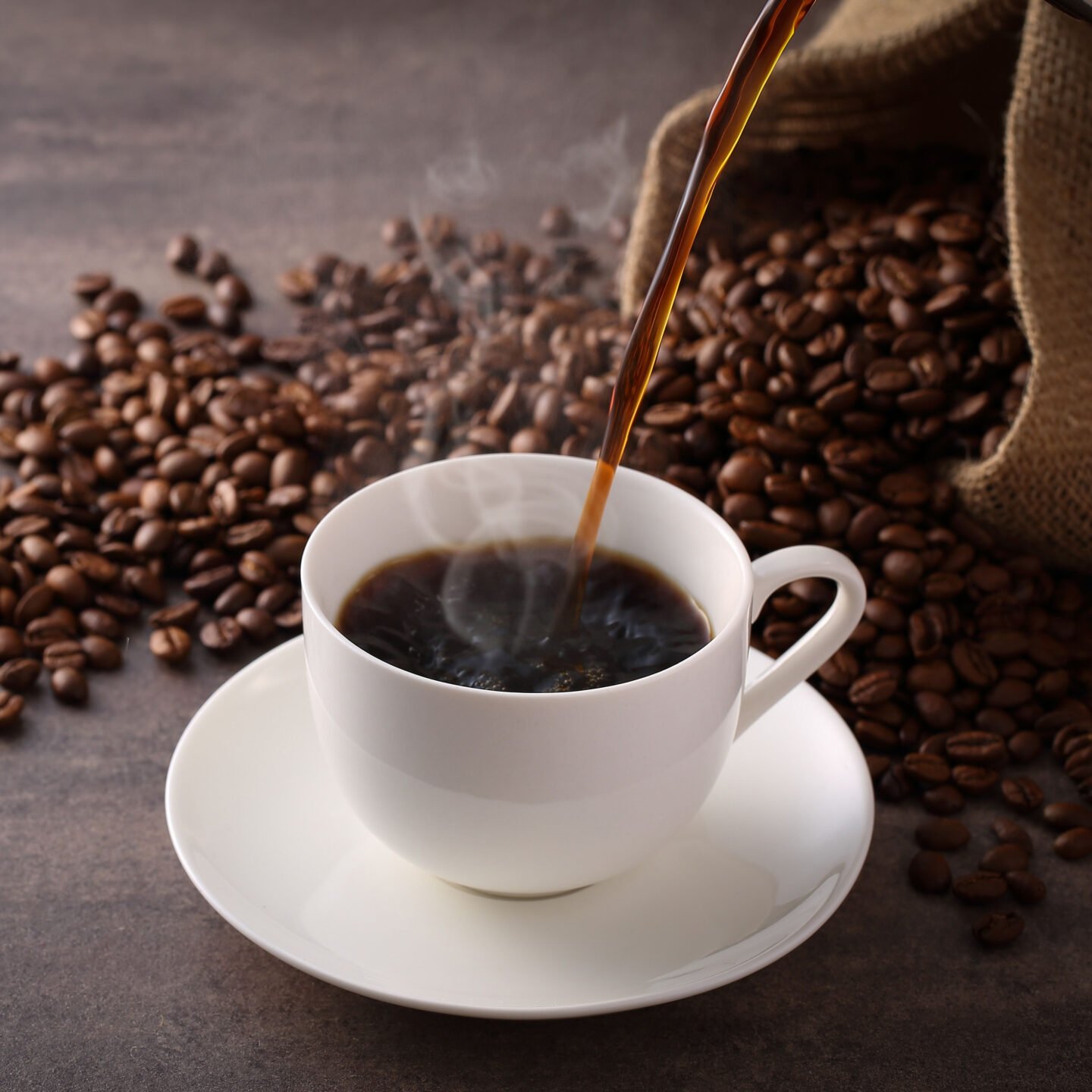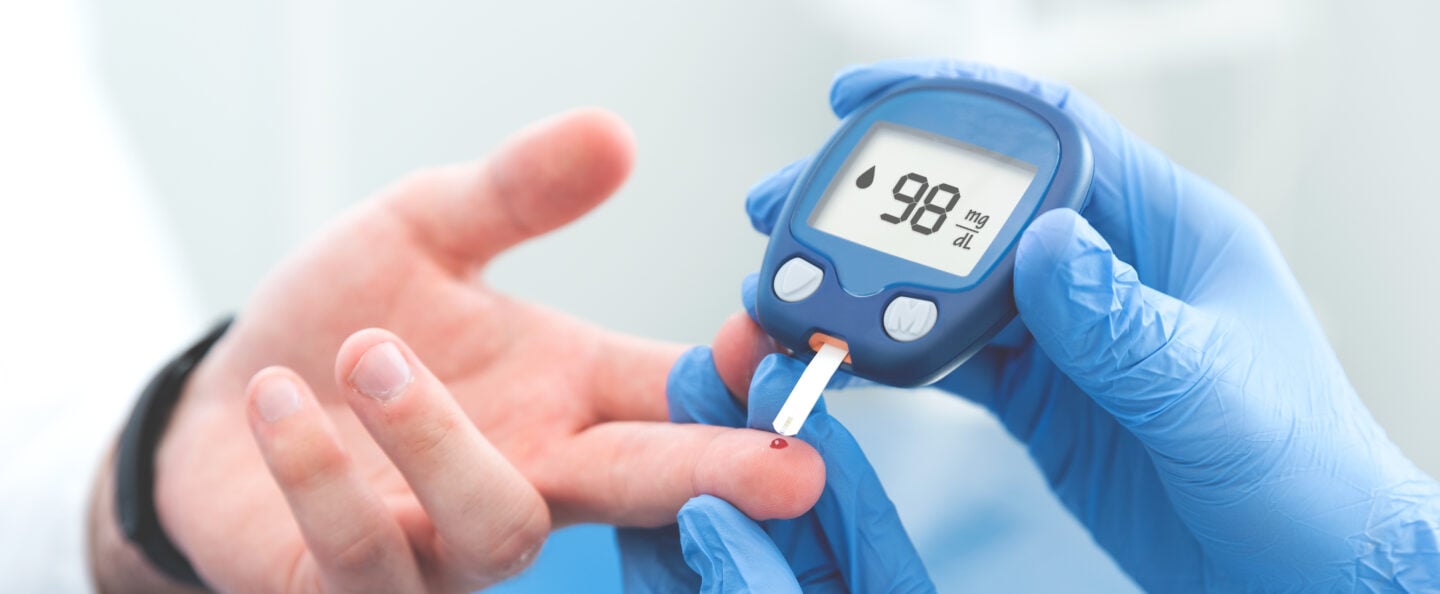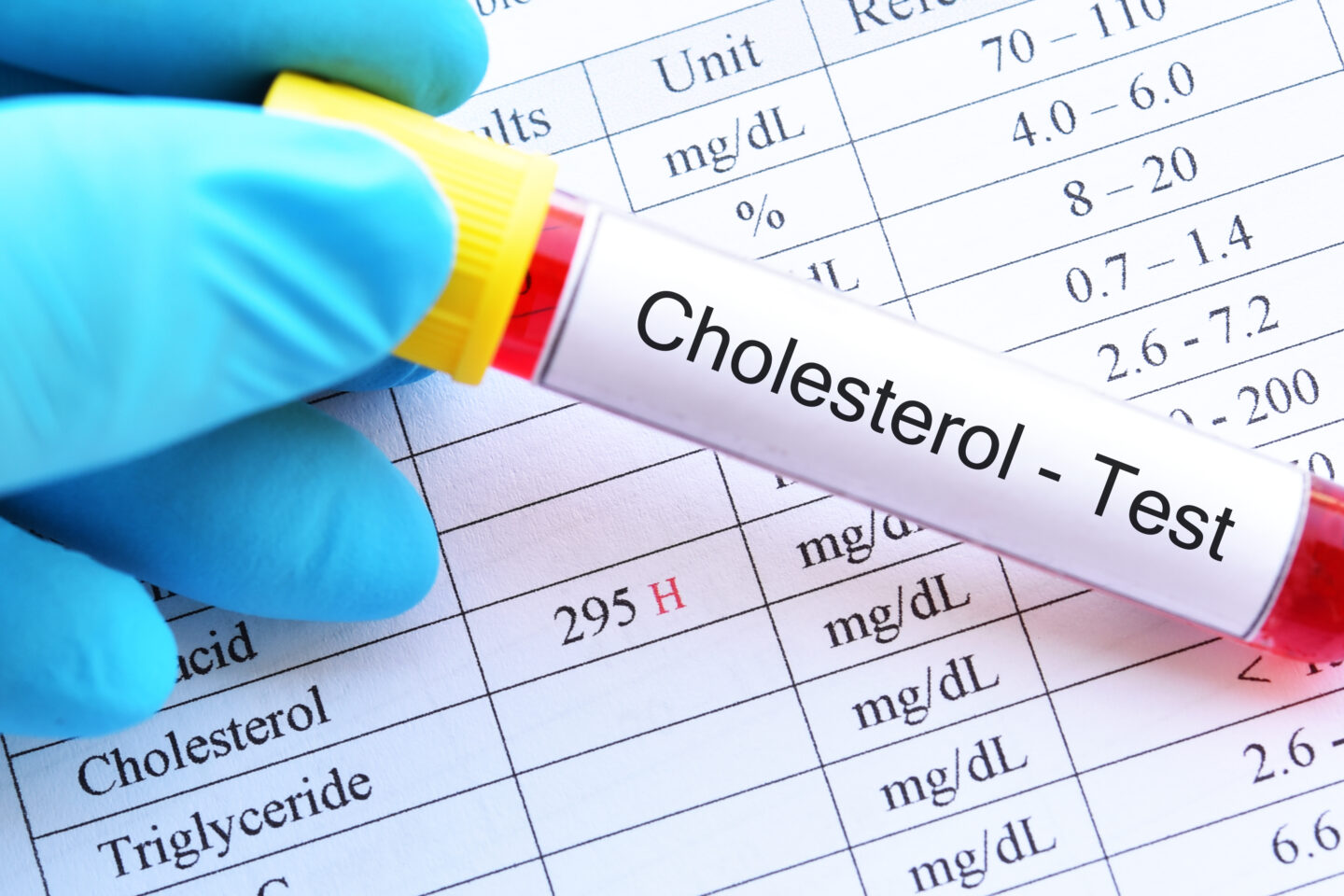If you’re an avid coffee drinker, skipping a cup of coffee for a blood test sounds terrible. If your doctor has recently ordered blood work, you’re probably wondering if you can have coffee before it.

For most blood tests, it’s okay to have a cup of black coffee but not coffee with cream and sugar. The type of blood test you are having will also determine whether you can drink coffee before it.
This article will teach you all you need to know about how coffee may or may not affect different blood tests. By the end, you can determine if you can go ahead and have that cup of joe beforehand.
Table of Contents
Types of Blood Tests
It’s important to know that not all blood tests are the same. You will want to ask your doctor what your blood test is for, as this will help determine if you can have coffee.
Once you know why you’re getting your blood tested, you need to determine if your blood test is fasted or non-fasted.
Fasted blood tests mean you need to fast for at least 8 to 12 hours before the test. Typically, they only let you consume water for 8 to 12 hours.
Common blood tests that need you to fast are blood sugar tests, lipid or cholesterol panel testing, and metabolic panel testing.
However, many blood tests do not require fasting. It’s best to check with your doctor first to ensure you’re clear on the instructions before the blood test.
Why You May Need to Fast for a Blood Test
You might need to fast before a blood test in the first place because the nutrients found in food and drinks will get absorbed by your bloodstream.
Once these nutrients are in the bloodstream, they can mess with baseline levels of hormones and nutrient levels that your doctor is trying to measure with the blood test.
For example, if you have a milkshake a few hours before your blood sugar test, the odds are your blood sugar will be elevated. This may result in a different measurement of your baseline blood sugar levels.
This skewed result could end up in you receiving an inaccurate diagnosis. And inaccurate diagnoses would not be good for you or your doctor.
Without a baseline understanding of your body’s balance of certain chemicals, it’s hard for your doctor to determine if you have an underlying disease. This is why it’s important to truly fast before blood work if your doctor indicates it's necessary.
Coffee and Blood Sugar Testing

Let’s walk through how coffee may or may not impact the data of the most common blood tests. We’ll start by discussing how coffee influences blood sugar or glucose testing.
Your doctor may order this test to screen for diabetes or help you manage your diabetes if you have already been diagnosed.
Research shows that one cup of black coffee does not significantly affect fasting blood sugar levels.
Keep in mind this study was performed using black coffee. Adding creamer or sugar to your coffee may raise your blood sugar and mess up your testing results.
So you can get away with a cup of black coffee before a blood sugar test, but it’s still best to consult your physician first.
Coffee and Cholesterol Testing
Another common reason your doctor may order a blood test is to examine your cholesterol levels. Generally speaking, they are looking at your total cholesterol number and the balance of your LDL and HDL cholesterol.
LDL is typically considered the “bad” cholesterol, and HDL is considered the “good” cholesterol. So the more HDL and the less LDL you have, the better.

One study found that a cup of coffee with or without non-dairy creamer did not acutely impact LDL levels in a blood test.
There was a statistically significant difference in the amount of LDL between the non-dairy creamer and black coffee groups. However, this difference was not found to be clinically significant.
To be on the safe side, it’s probably best to only drink your coffee black if you’re going to get your cholesterol levels tested.
Coffee and Metabolic Testing
Another reason you may need a blood test is to examine your body’s overall metabolic function.
This test gives your doctor insight into the balance of fluid and electrolytes. It also tells them information about how well your kidneys and liver function.
Research indicates that consuming a cup of black coffee before a metabolic blood test will not influence metabolic markers.
Once again, it’s critical to note that most of these studies use black coffee. The addition of cream or sugar may not have the same result.
If you insist on drinking coffee before your metabolic test, drink it black to avoid affecting the results.
Coffee and Complete Blood Count Testing
The other blood test often ordered is a complete blood count. You will often see this test under the abbreviation of CBC.
A complete blood count test gives your doctor insight into the number and balance of different types of blood cells that you have. These numbers can tell your doctor various things about your overall health status.
This test can be impacted by overall hydration. Some people will argue that coffee could affect the test because they think it’s a diuretic that dehydrates you.
Despite this common misconception, research shows that moderate levels of coffee consumption do not appear to dehydrate you. In fact, it appears they may hydrate you just as much as water.
This means that a cup or two of black coffee is unlikely to affect your complete blood count testing.
Always Consult Your Doctor First

It’s important to remember that when your doctor is ordering a blood test, they are doing it for a reason. They are trying to help you improve your health or potentially rule out a diagnosis.
Before you drink coffee before a fasted test, ask your doctor for their opinion. Because they know your personal health history, they may understand why drinking coffee is or is not okay before your blood test.
If you’re going through the trouble of getting your blood drawn, you want to make sure you don’t have to have it done again. So it may be best to play it safe and skip the coffee altogether if you don’t want to risk it.
Final Thoughts
Research indicates that a cup of black coffee for most blood tests will not impact the results. However, coffee with cream and sugar could impact your blood test results.
Always consult your doctor before consuming the coffee, as they know your medical history. The type of blood test you are having will most likely influence whether or not your doctor is okay with you having coffee or not.
When it comes to blood sugar testing, cholesterol testing, metabolic panel testing, and a complete blood count, black coffee will most likely not influence your test results.
Most of the research done on coffee before blood tests used one cup of black coffee. So if you like your coffee with cream and sugar, it’s best to skip it before your blood test.
Do not decide to drink coffee before your blood test alone. Your physician is ordering the blood work intentionally. Let them guide you to the best decision, so you can get accurate answers regarding your health.

Leave a Reply